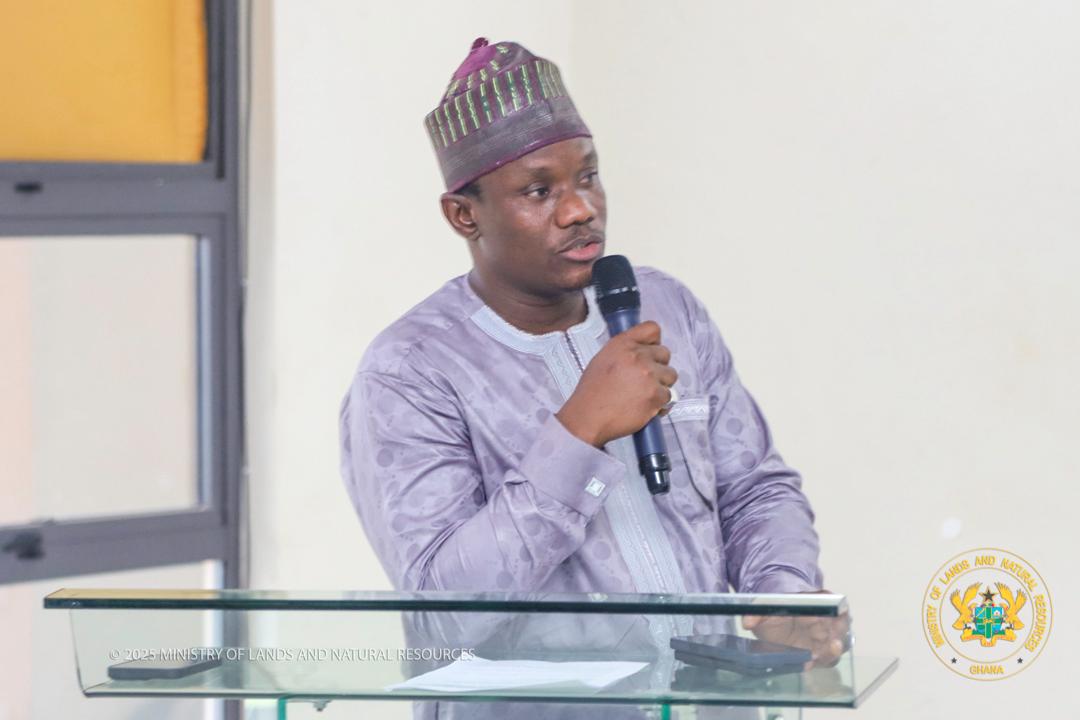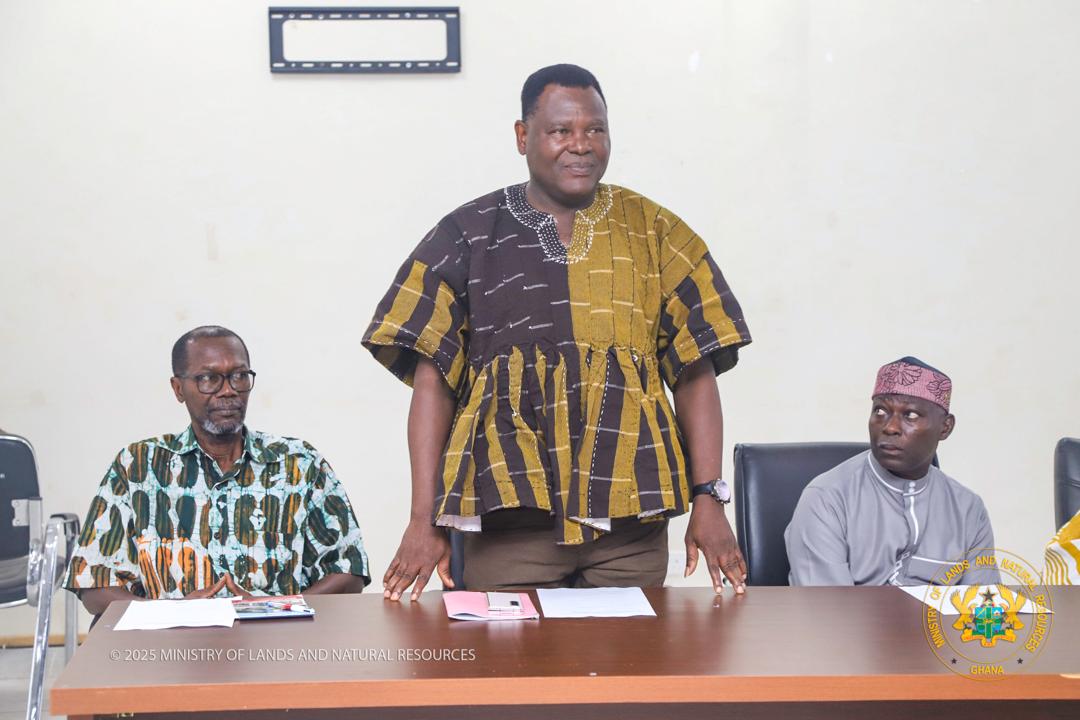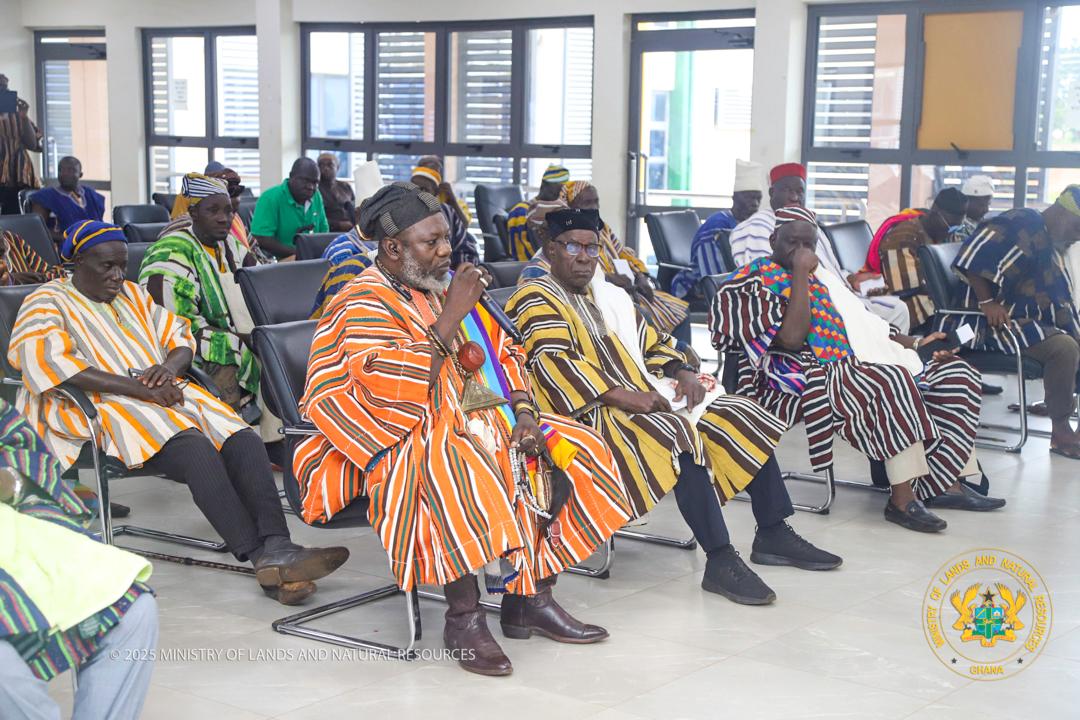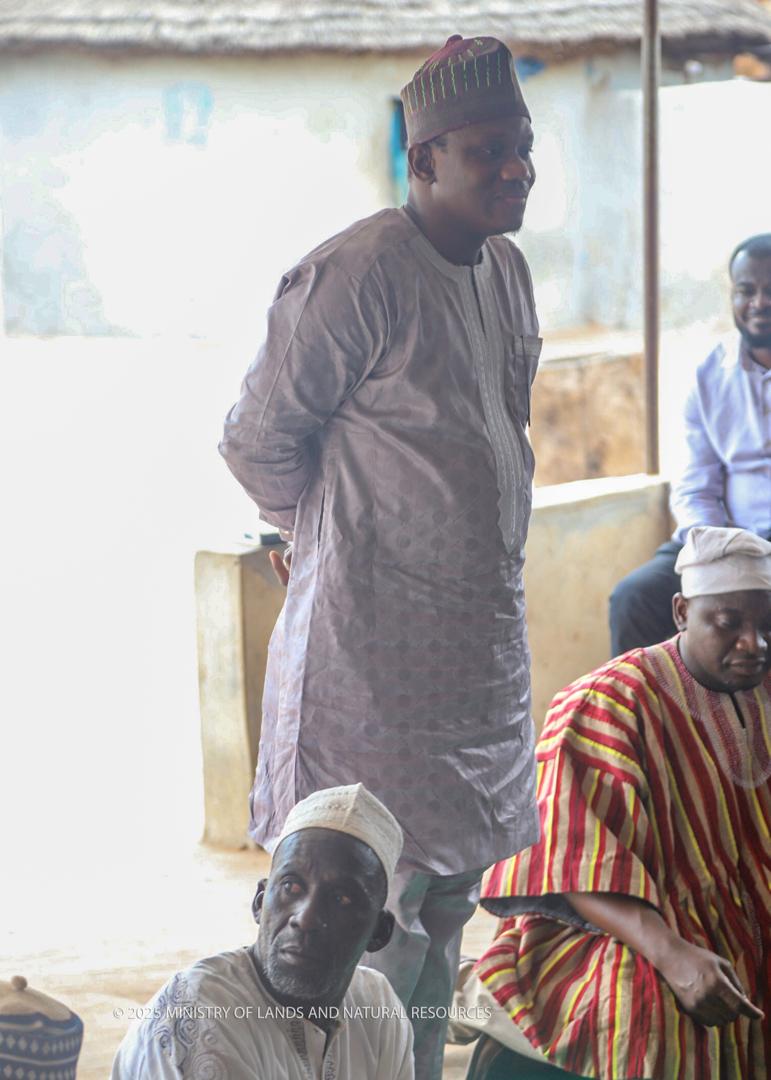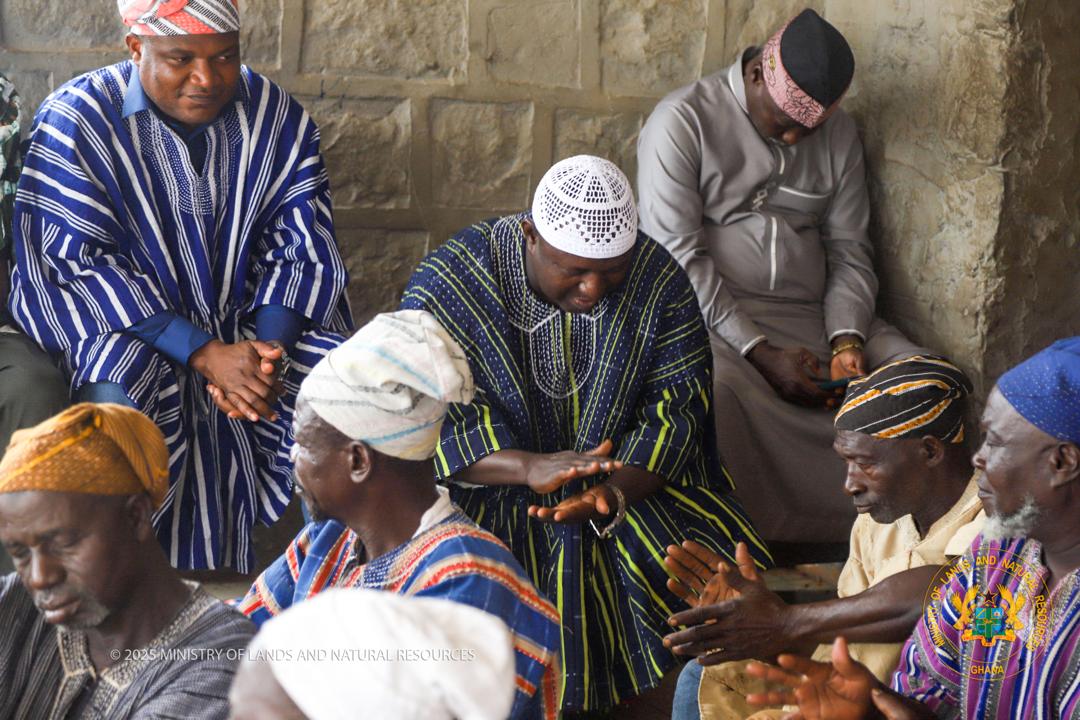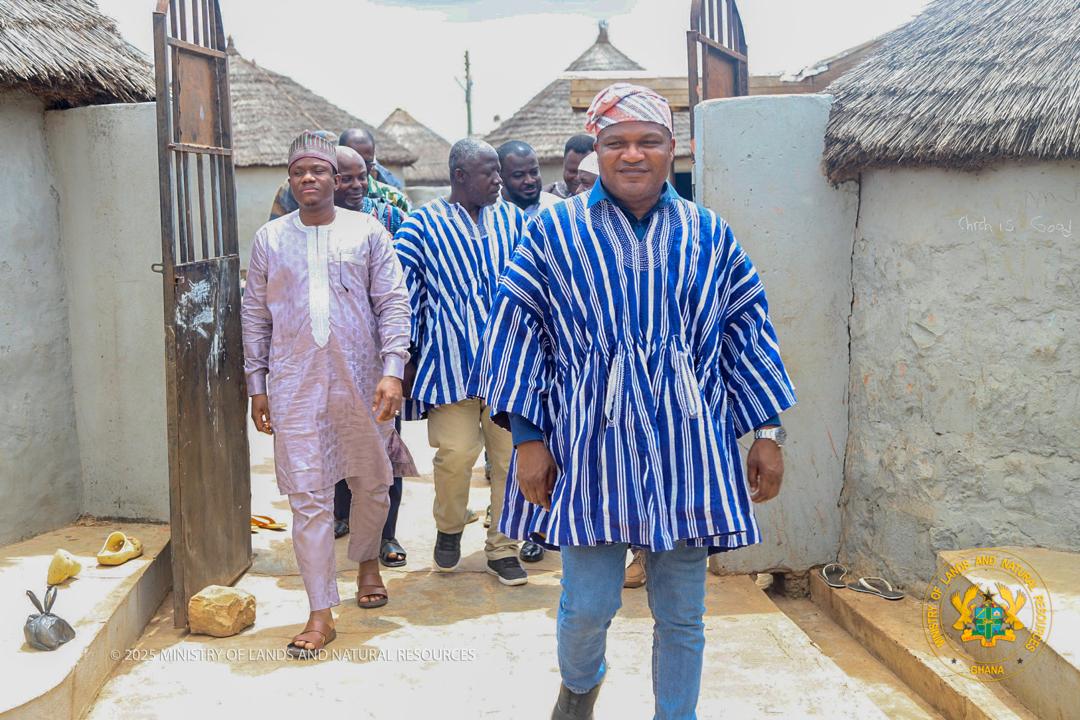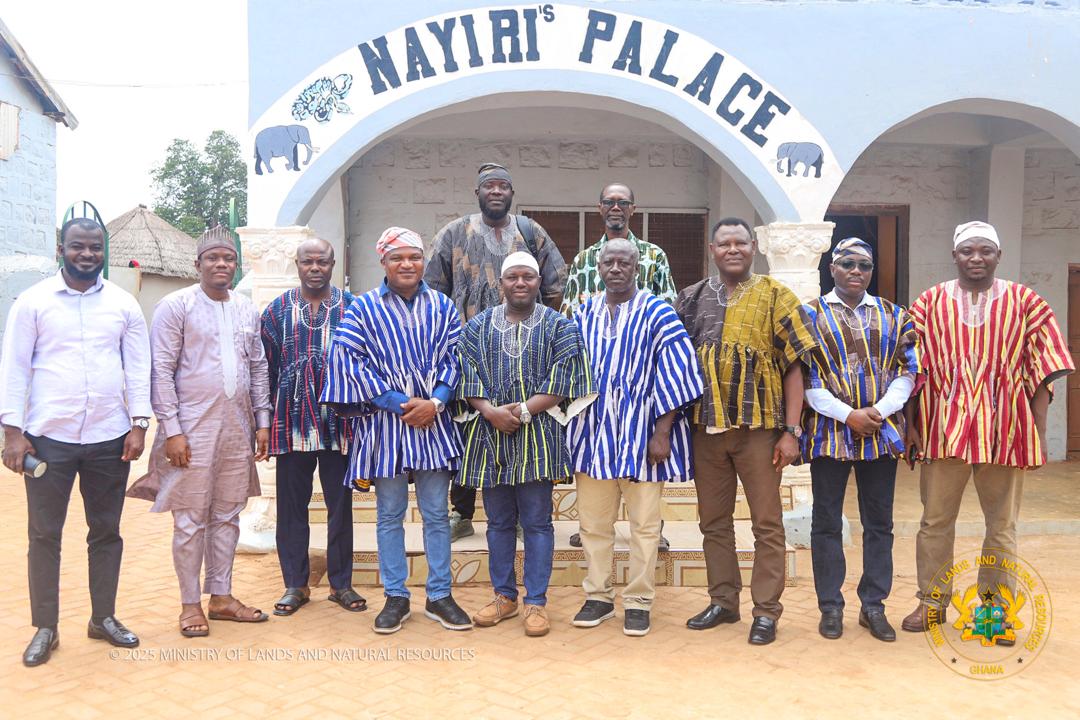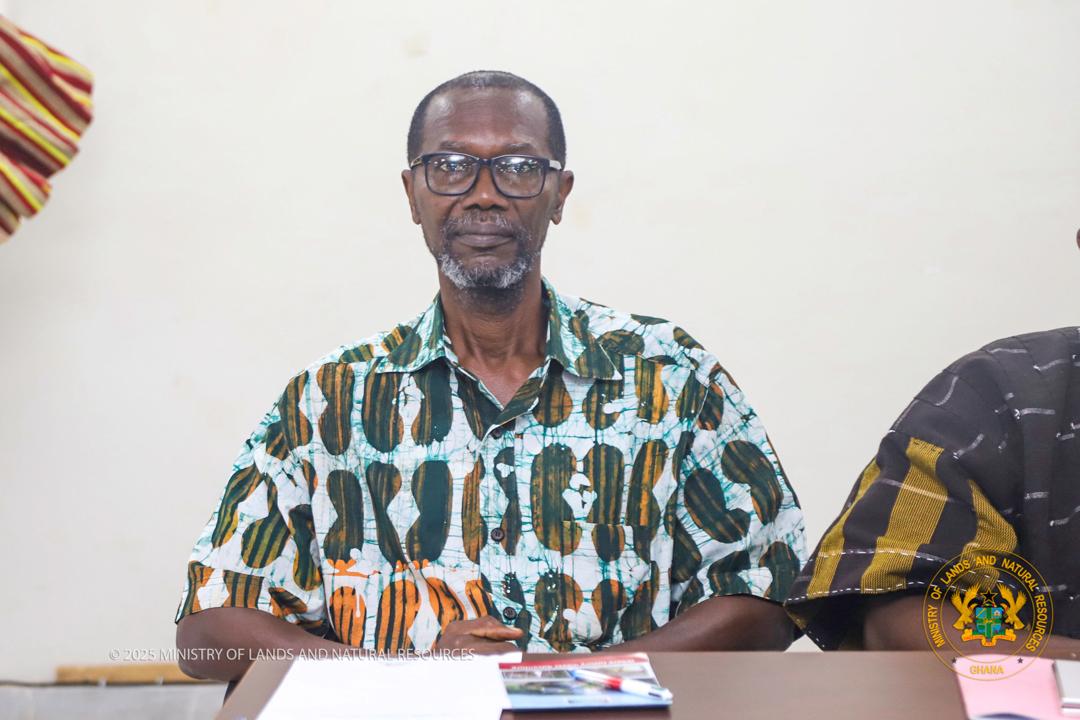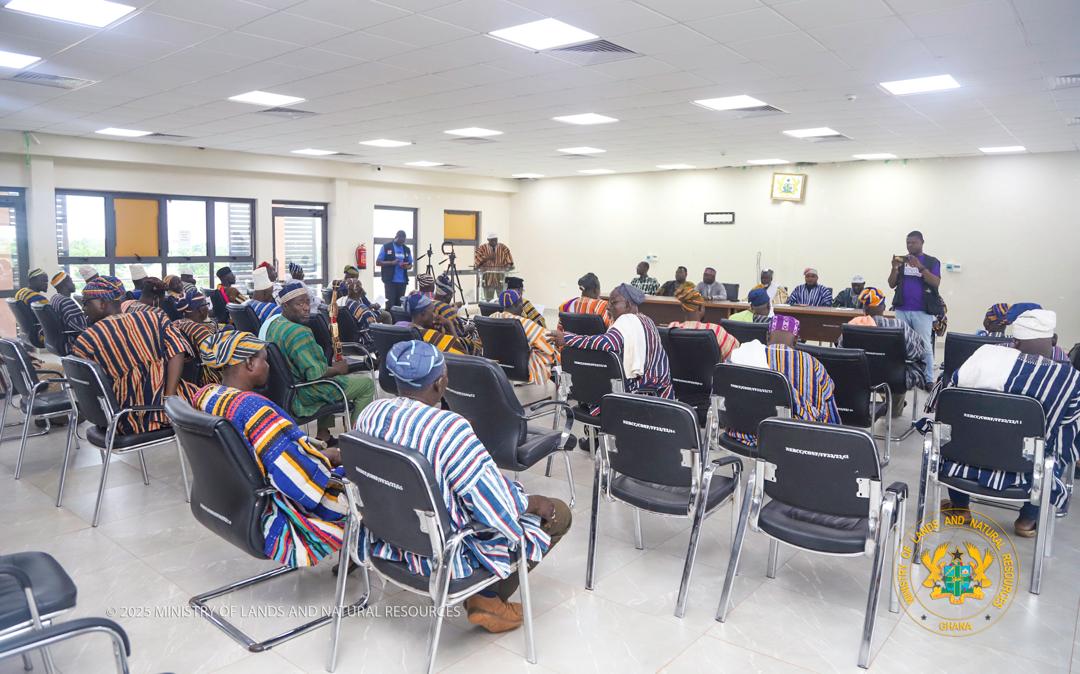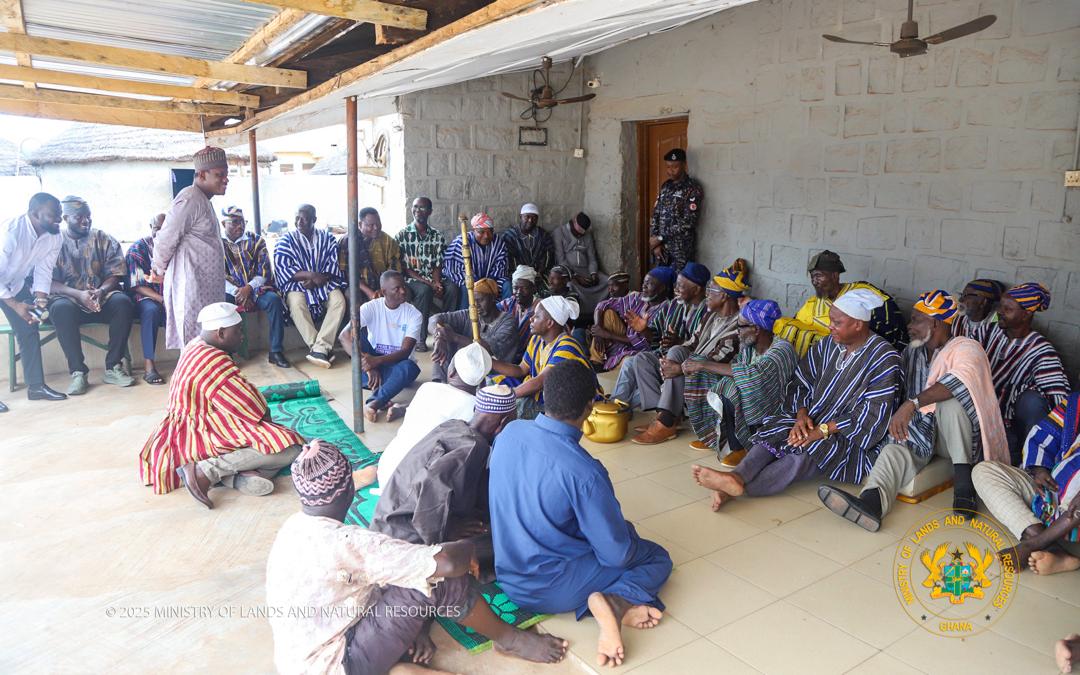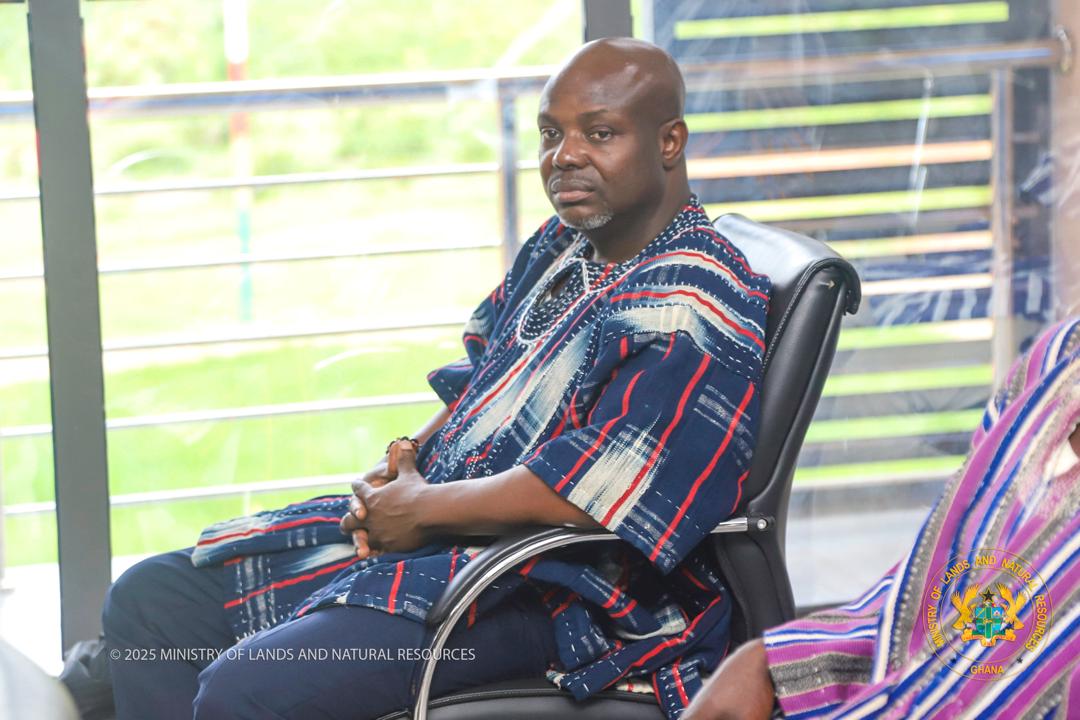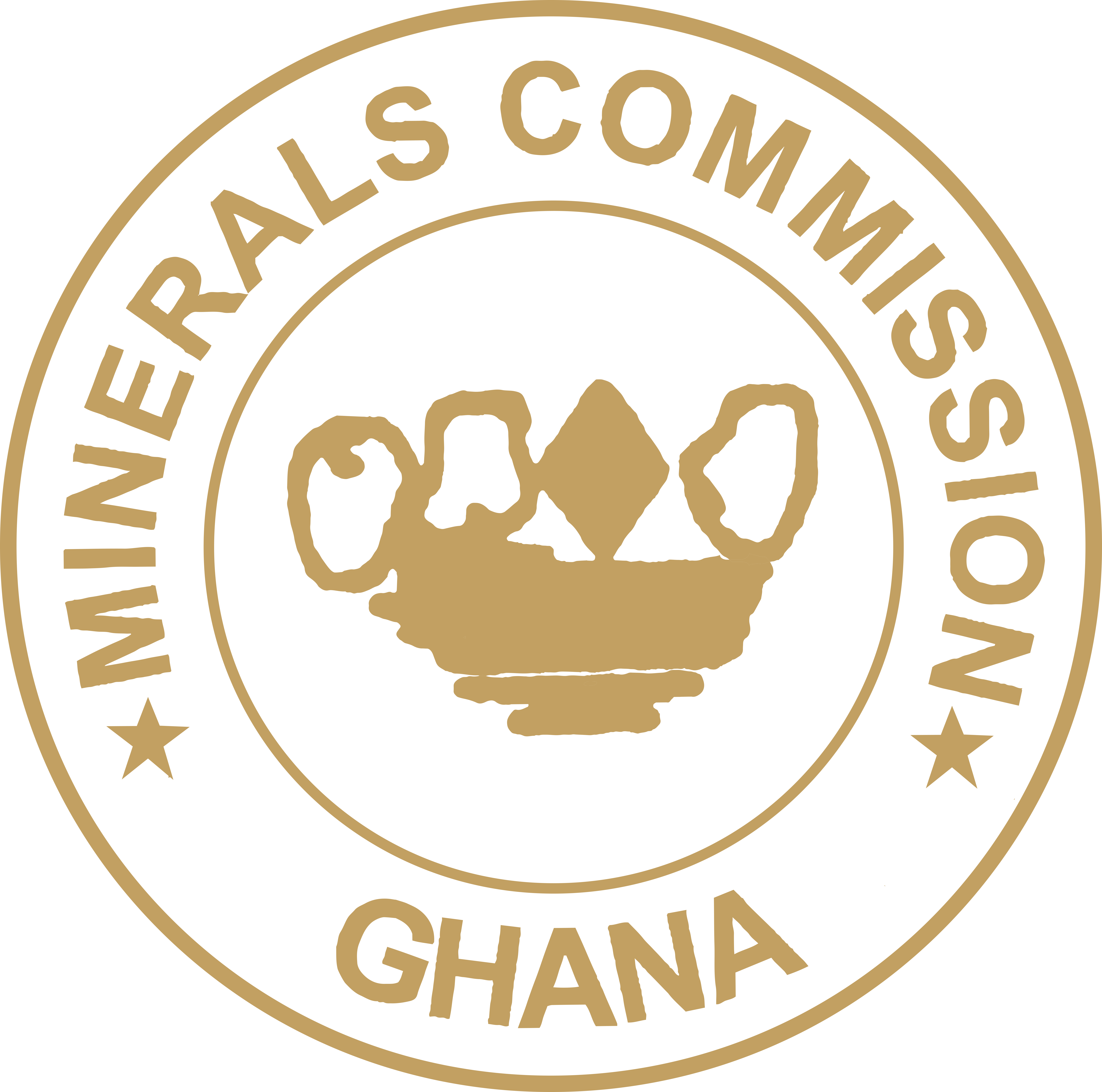New Mining Policy Reforms Aim to Curb Illegal Operations and Boost Local Participation
The President of the North East Regional House of Chiefs, Nayiri-Naa Bohugu Mahama Abdulai Sheriga has underscored the significance of stakeholder engagement in the review of Ghana’s 2014 Mining Policy and the proposed amendments to the Minerals and Mining Act, 2006 (Act 703).
Nayiri-Naa noted that the meeting is particularly timely, given the significant challenges facing the mining sector in Ghana. Despite its substantial contribution to our national economy, the sector continues to grapple with the persistent threat of illegal mining activities, environmental degradation, and limited benefits accruing to host communities.
We are deeply concerned about the devastating impact of galamsey, which knows no boundaries and has left indelible marks on our environment and community livelihoods. However, we are encouraged by the bold steps taken by the government, through the Ministry of Lands and Natural Resources, the Minerals Commission, and security agencies, to sanitize the mining sector and strengthen its governance.
The decision to review the Mining Policy and amend the Minerals and Mining Act is a testament to the government’s commitment to repositioning the sector in line with global best practices, addressing emerging challenges such as climate change, and harnessing the full potential of our mineral resources for national development.
As traditional leaders, we reaffirm our unwavering commitment to support the government’s efforts to end illegal mining and promote responsible and sustainable mining practices. We stand ready to work hand-in-hand with the Minerals Commission and other stakeholders to ensure that our communities grant the necessary social licenses for mining operations while safeguarding the welfare of our people and the environment.
I would like to extend an invitation to the Minerals Commission to explore the mineral potential of the North East Region, which preliminary studies suggest has significant prospects for mineral resources. We are eager to collaborate with the Commission to ensure that any mining activities in our region are undertaken responsibly and in accordance with the law.
Hon. Prof. Hamza Adam (MP) and Board member of the Minerals Commission stated that the engagement has been an eye-opener, providing an opportunity for frank discussions, constructive contributions, and the forging of stronger partnerships that will shape the future of Ghana’s mining sector. We are confident that the output of this law will be sustainable and beneficial to our communities.
We commend the government for its clear vision and decisive actions towards restructuring and sanitizing the mining sector. We appreciate the various initiatives being rolled out to tackle illegal mining, protect the environment, and formalize the small-scale mining sector for the benefit of our people and our nation.
We look forward to seeing the final document and its implementation. We appreciate the Minerals Commission’s efforts to decentralize and engage with local communities. We also commend the traditional chiefs for their endurance and commitment to their people.
The Minerals Commission’s initiative to engage with traditional leaders and communities is a step in the right direction. We believe that this inclusive approach will result in a law that is sustainable and beneficial to all stakeholders.
Let us continue to work together to ensure that our mineral resources benefit Ghanaians and contribute to the development of our nation.
The Deputy CEO of the Minerals Commission, Mr. Isaac Andrews Tandoh noted that the review is not just a bureaucratic exercise—it reflects a broader shift in how Ghana wants to position its mineral sector in an era defined by green energy demand, responsible resource extraction, and enhanced local value creation.
He revealed that the North East Region boasts of an array of mineral resources, including limestone and gold, with several other minerals currently under exploration. This meeting presents a propitious opportunity to harness the collective wisdom of the traditional council in shaping a policy and law that will benefit both current and future generations.
We have embarked on a comprehensive overhaul of the licensing regime processes, recognizing the imperative of rectifying existing flaws. As His Royal Majesty astutely pointed out this morning, the current system allows for the issuance of permits without requisite permission from landowners, a glaring anomaly that necessitates urgent attention, he added.
In our efforts to craft a more inclusive and equitable framework, we have engaged a diverse array of stakeholders, including Civil Society Organizations, academia, The Chamber of Mines, and the Ghana National Association of Small-Scale Miners. This consultative approach has been extended to the Regional Houses of Chiefs, with this being the tenth of such engagement.
Following today’s deliberations, the House will be afforded a two-week window to submit formal proposals that capture the essence of your collective wisdom. These proposals will be carefully considered by the committee reviewing the documents, ensuring that they are adequately incorporated into the law.
In this spirit of collaboration, I implore all stakeholders to actively participate and contribute their expertise. We recognize that the wisdom and insights of the traditional council are indispensable in crafting a policy that not only benefits the North East Region but also Ghana as a whole, while safeguarding the interests of future generations, Mr. Tandoh said.
The Manager of Legal, Mr. Josef Iroko, discussed the current state of the mining laws and regulations, as well as administrative and regulatory guidelines. He spoke about the importance of Parliamentary ratification of mining leases and the rights and responsibilities of District Mining Committees in overseeing mining activities within their jurisdictions.
Mr. Benjamin Aryee, former Chief Executive Officer of the Minerals Commission presented a comprehensive review of the 2014 Mining Policy, highlighting salient new provisions. Notably, he emphasized the integration of the Green/Critical Minerals Policy, which underscores the imperative of sustainable mining practices in the face of burgeoning global demand for critical minerals.
The discussion marks a significant step toward a more transparent, sustainable, and community-inclusive mining sector. With traditional leaders now playing a critical role in shaping reforms, Ghana moves closer to a mining framework that prioritizes national interests, environmental protection, and equitable benefits for all.
END.
